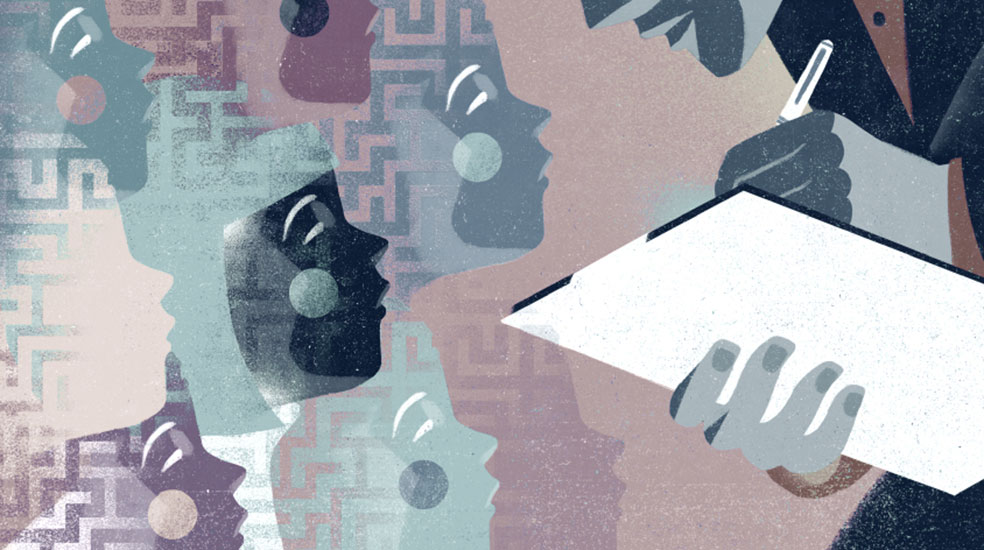Panel III: Developmental Issues in Treatment

Summaries by Andrea Harms, Ph.D., Heather Ferguson, LCSW, and Franz Resch, M.D.
Case Presenter:
Andrea Harms, Ph.D
The case presentation of a young man was the basis for the discussion of our current understanding of “adolescence.” Some of the questions the case raised were if adolescence is a distinct developmental phase and what the specifics might be; furthermore it raised the question if and in what ways a “belated” adolescence may present in the treatment of (young?) adults and what this entails. Has adolescence changed?
Did new social, societal, and even technical conditions and opportunities change the lived reality of young adults in such a way that the developmental demands and challenges have changed? The case also raised the question if treatment may be considered an opportunity for belated or re-routed development and whether this may justify the notion that belated adolescent challenges as well as accomplishments can be reached in the treatment of a young adult man. (Last but not least this raises the question whether the treatment approach in the psychotherapy of a young man would be adjusted in any way in relation to these above questions…)
Discussion of Mister L.
Heather Ferguson, LCSW, IPSS, NYC
One is the loneliest number: A developmental second chance
Dr. Harms’ moving treatment of a despondent young musician, Mr. L., resonates with Orange’s (1995) concept of the developmental second chance. I conceptualize Dr. Harms’ clinical sensibility and therapeutic choices along the lines of a needed developmental opening, attuned towards repairing Mr. L.’s fragile attachment bonds and supporting his unfolding maturational processes. As empathically attuned witness, Dr. Harms invites Mr. L.’s resilience, creativity, and intellectual aspirations as his “tendrils of health” and responds to his forward-edge need to be met and understood in his despairing and fragmented depths.
Inevitably, challenging clinical moments arise and prompt Dr. Harms to consider what they had missed or avoided in treatment, particularly around Mr. L.’s dangerous secret drinking. The working through of this difficult moment, I contend, provides an opportunity to re-work previously unprocessed familial loss and neglect, entailing the complex demand of the developmental second chance as reparative possibility in the holding context of the therapeutic relationship. By accompanying Mr. L through real-life struggles, Dr. Harms offers a healing experience of deep affective resonance, mutual care, and expanded self-trust.
Reference: Orange, D. (1995). Emotional Understanding. NY: Guildford Press.
Mr.L and his Therapy Process
Franz Resch, M.D. Heidelberg
The case report is altogether the brave story of a young individual successfully mastering the developmental tasks of adolescence. As we are convinced that this success is based on the therapeutic relationship with his therapist Andrea Harms, we try to get a deeper insight into the therapeutic framing of the therapy process. Three aspects have to be addressed:
Adolescence and Emergent Adulthood: There is convincing evidence of a longer duration of the identity formation process in young adults in the 21st century. Adolescents need more time to fix their social roles and to achieve a position of taking responsibility due to the complex pathways of education and problems of job finding in a European surrounding with high percentages of youth unemployment and a political polarization. Personal identity is not only founded on self-reflection but also on participation and belonging, even if such peer groups are based on political resentment, religious fundamentalism or alcohol and drug consumption. Symptoms and risk behaviors are not merely the expression of a brain deficit, or a dysfunction, but they serve the regulation of the self. Therefor they must be displaced by a better solution for the same regulatory purpose.
Pluralism of Concepts: In an interdisciplinary context the theoretical background even in psychotherapy encompasses a wide variety of models and concepts that may lead to incongruent interpretations of the patient’s problems. Therapists have to integrate different views into a bio-psycho-social framework. Therapists need a subjective theory – which is more than an explicit model of action. The subjective theory is based on experience and intuition and fits the personal structure of the therapist.
Dialogue and Decision Making: The decision making – what to do in the right moment – is a process with an unconscious root in the intersubjective dialogue with the patient. This decision is reflected subconsciously and put into practice by a post-hoc cognitive control before the conscious start of action. Psychodynamic interventions are the result of an ongoing searching process, a form of curiosity, respect for and interest in the patient’s person.

